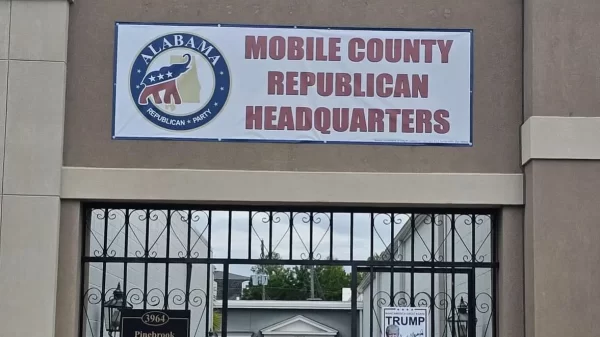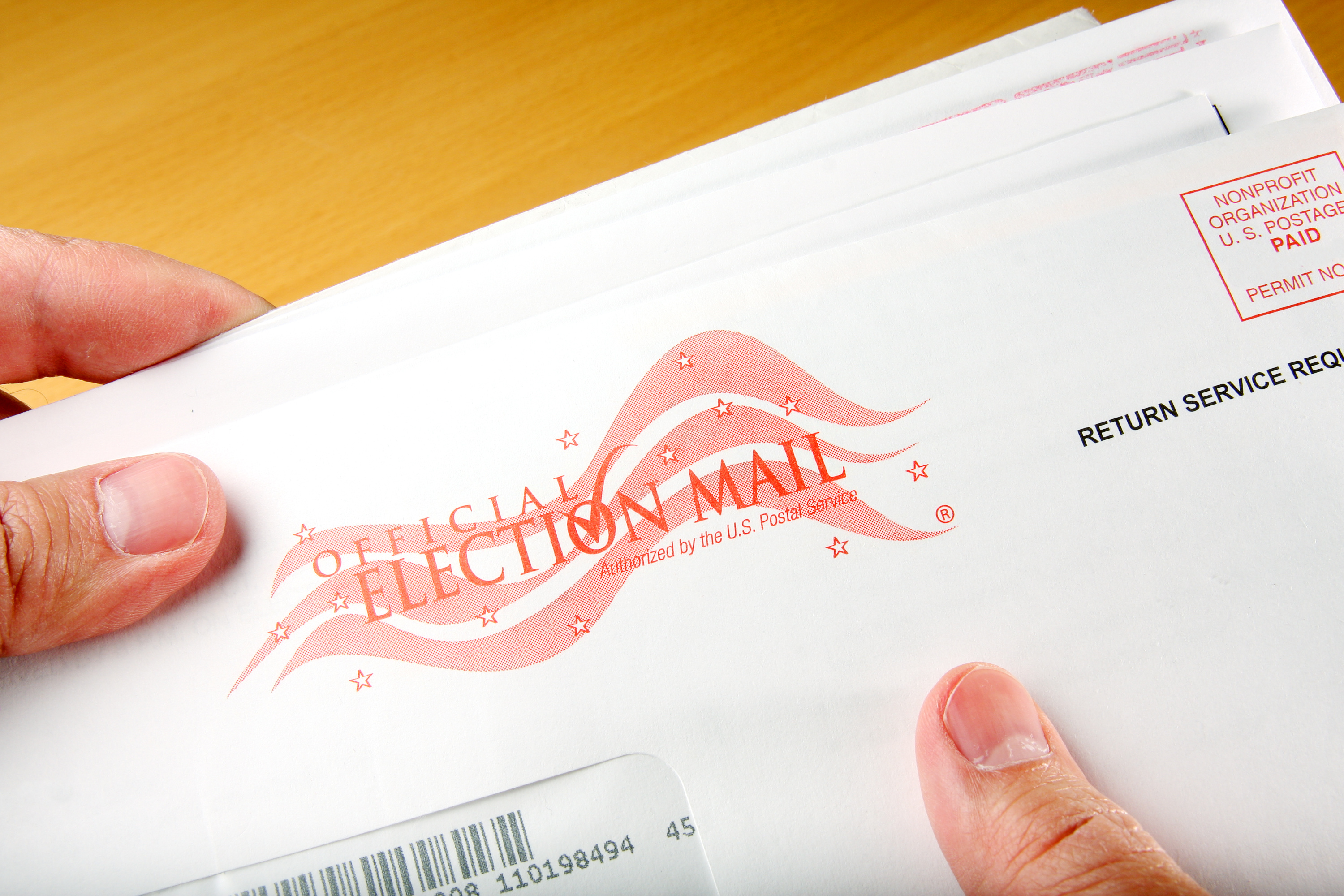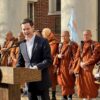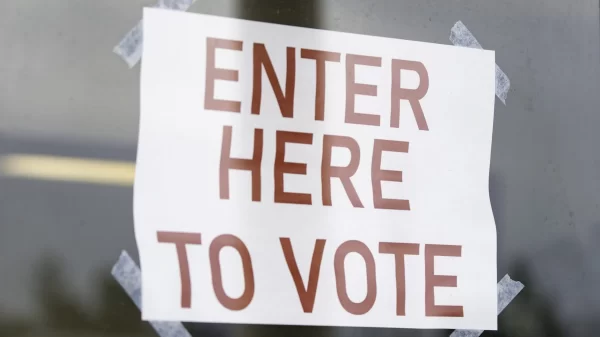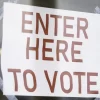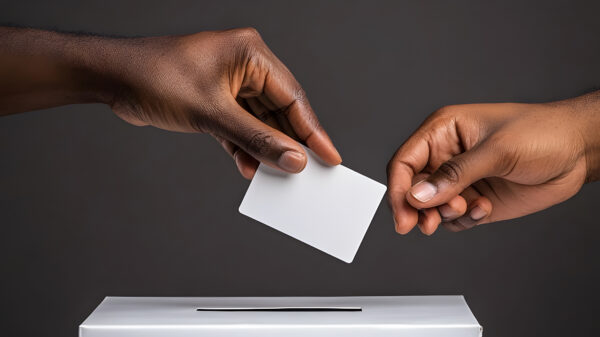The U.S. Supreme Court in a 5-4 decision Thursday blocked a federal district judge’s order that would have made it easier for many Alabamians to vote during the pandemic, issuing an emergency stay of the lower court’s injunction in People First of Alabama v. Merrill.
The court’s more liberal justices dissented, while the five conservative justices voted to strike down the lower court ruling, which had blocked absentee ballot witness requirements in a few Alabama counties and a statewide ban on curbside voting programs.
The decision to grant the stay means that Alabama Secretary of State John Merrill’s ban on curbside voting remains in place, and he may intervene into any county in Alabama to prevent curbside voting.
Voters in every county in the state must still follow all the required witness, notary and photo ID requirements for absentee ballots.
Federal District Judge Abdul Kallon had found in favor of the plaintiffs and issued an order allowing local officials to implement curbside voting. Merrill and the secretary of state’s office appealed the lower court ruling to the Supreme Court, who issued the emergency stay.
The court could still hear Alabama’s appeal, but the ruling was a blow for the groups representing the plaintiffs in the case. Caren Short is the senior staff attorney for the Southern Poverty Law Center.
“While we are deeply disappointed with today’s ruling, we look forward to presenting our clients’ case at trial later this summer,” said Short. “Our goal is simple though unfortunately at odds with Alabama officials. We want to ensure that during the COVID-19 pandemic, Alabama voters will not be forced to choose between exercising their fundamental right to vote and protecting their health or the health of a loved one.”
Deuel Ross is the senior counsel at the NAACP Legal Defense and Educational Fund.
“We are deeply disappointed by the Supreme Court‘s stay,” said Ross. “Unfortunately, this means that Alabama voters who are at greater risk of severe illness or death from COVID-19 will be required to risk their health and violate CDC recommendations in order to vote on July 14. This is occurring at a time when COVID-19 infections are soaring in Alabama and nationwide. Nonetheless, the litigation will continue and we intend to seek relief for our clients and other voters in time for November.”
Plaintiffs argued that making voters go to the polls and wait in line to show a photo-ID would be a bar to voting given the fear of the coronavirus in Alabama. Voters will have to decide whether voting in the July 14 party runoff elections is really worth the risk of possibly contracting the novel strain of the coronavirus, SARS-CoV-2, and possibly dying.
At least 14 Alabamians died from COVID-19 on Thursday, taking the state death toll to 961. Additionally, 1,162 Alabamians tested positive for the coronavirus.
The state argues that voter ID and other security measures are necessary to protect the integrity of the vote and prevent voting fraud. Since his election as Alabama secretary of state, Merrill has said that it is his goal to “make it easy to vote and hard to cheat.”

